In researching the materials for this book, I decided to look through the archives of that venerable literary publication The New York Review of Books. I assumed, there would be a few articles on this author, who in his time was the friend, acquaintance or correspondent of the likes of Nobel Laureate Sinclair Lewis, the novelist Jack London, Theodore Dreiser (author of the classic An American Tragedy), Eugene V. Debs (the union leader and founder of the Industrial Workers of the World or ‘Wobblies’), Havelock Ellis (the physician and social reformer who put sexuality on the map in the nineteen-thirties), Birth Control campaigner, Margaret Sanger, the radical editor and political activist, Max Eastman, Booth Tarkington, author of The Magnificent Ambersons and many other notable figures. However, Ehrmann’s stock has fallen so low in the literary world since his death in 1945, that to my surprise I could find nothing on him in The New York Review of Books (which was founded in 1963).
This apparent amnesia is curious but has happened before with Ehrmann. One Sunday during Lent in 1956, Reverend Frederick W. Kates, the rector of Old St Paul’s in Baltimore, placed on the pews, as was his habit, a poem. The poem, mimeographed onto sheets with the parish letterhead, was Desiderata. Perhaps because it was only a little over a decade since Ehrmann’s death and the rector assumed his congregation was familiar with the text, or simply because he relayed it in his sermon, either way, Reverend Kates failed to include the name of the poem’s author on the handout itself. The letterhead simply read ‘Old St. Paul’s Church, A.D., 1692’.
An alternative version of the story has it that Ehrmann’s name was omitted by a member of the congregation when passing it onto friends. Either way, copies of the poem slowly began to leach into the local community and eventually into the consciousness of the burgeoning youth movement, nascent, but growing across America at that time. Hippies, Flower Power and the ‘swinging’ sixties, saw the poem reproduced on posters and in underground magazines, misattributed, however, with the urban myth, ‘Anonymous, written in 1692, found on a plaque on the wall of Old St. Paul’s Church’ and so on.
Not until 1965, with the death of Adlai Stevenson, the former Democratic presidential candidate and US Ambassador to the United Nations, did the issue of authorship come to national prominence. Stevenson died in London, on July 14th, during a stop-over back from Switzerland. Soon after, a column by Betty Beale appeared in the Washington News and was syndicated nationally. In her column, she was objecting to a cover story in Time magazine, which had claimed that Stevenson was a lonely and gloomy figure. This Beale rejected, reporting that his close friends said otherwise. In support of her argument, she wrote,
‘When he took off for Geneva [shortly before his death] he left behind on the bedside table in his New York apartment a printed page that he had marked. Perhaps it was intended for a commencement address [others have said he intended to use it in his Christmas cards that year]. He did not write it but that he chose it and saved it for his attention upon his return is indicative of his own thought. It was entitled Desiderata, and it was originally found in Old St. Paul’s church, Baltimore, dated 1692.’
In her next column Beale corrected the error and named Ehrmann as the poem’s author but perhaps unsurprisingly, in some quarters, the ‘Anonymous’ authorship of this piece of supposed 17th Century Americana continued being promulgated. Indeed, 1968 saw Star Treks’ Leonard Nimoy release an LP with his rendition of the poem included but re-titled Spock’s Thoughts. Not to be outdone, in 1970, Bonanza’s Lorne Greene read it on the Johnny Cash Show, as did Joan Crawford, in the same year, on David Frost’s TV show. Then in 1971, Les Crane, a former talk show host, recorded the poem. Crane was accompanied by a musical arrangement from Fred Werner which included a gospel choir and harpsichord. This reached number 8 on the Billboard charts and went on to win a Grammy for Spoken Word Recording in 1972. In 1978 Richard Burton recorded it as part of a ‘personal anthology’ entitled The Hound of Heaven. Max Ehrmann’s name didn’t appear on any of these TV shows or recordings, and the verse was usually misattributed. A typically ironic example of attribution was the credit given on the Les Crane LP, which read, ‘Produced by Fred Werner and Les Crane for Old St. Paul Productions.’
In the age of the internet, Ehrmann is now generally credited with authorship of the poem, but he still remains a shadowy figure on the literary stage. Aside from Desiderata most of his work remains unknown. ‘Lifting the Veil’ is perhaps one of his most obscure pieces, but deserves to be better known, as it reveals much about the philosophy or weltanschauung of the man behind Desiderata.
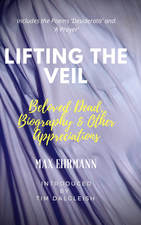
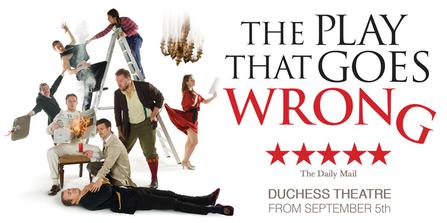
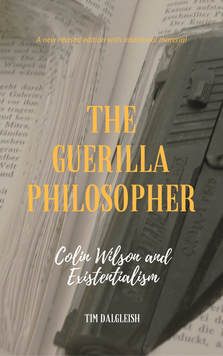
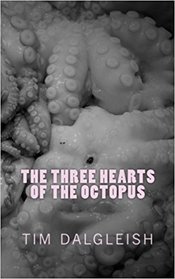
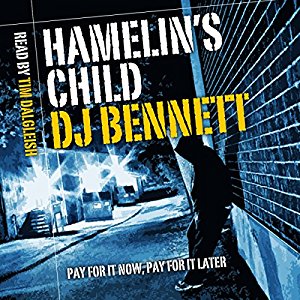
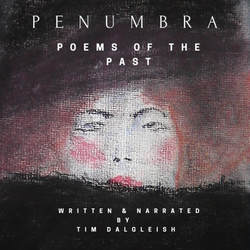
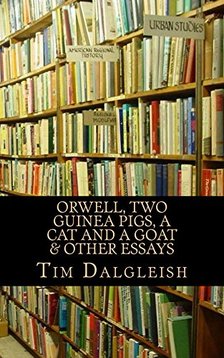



 RSS Feed
RSS Feed
